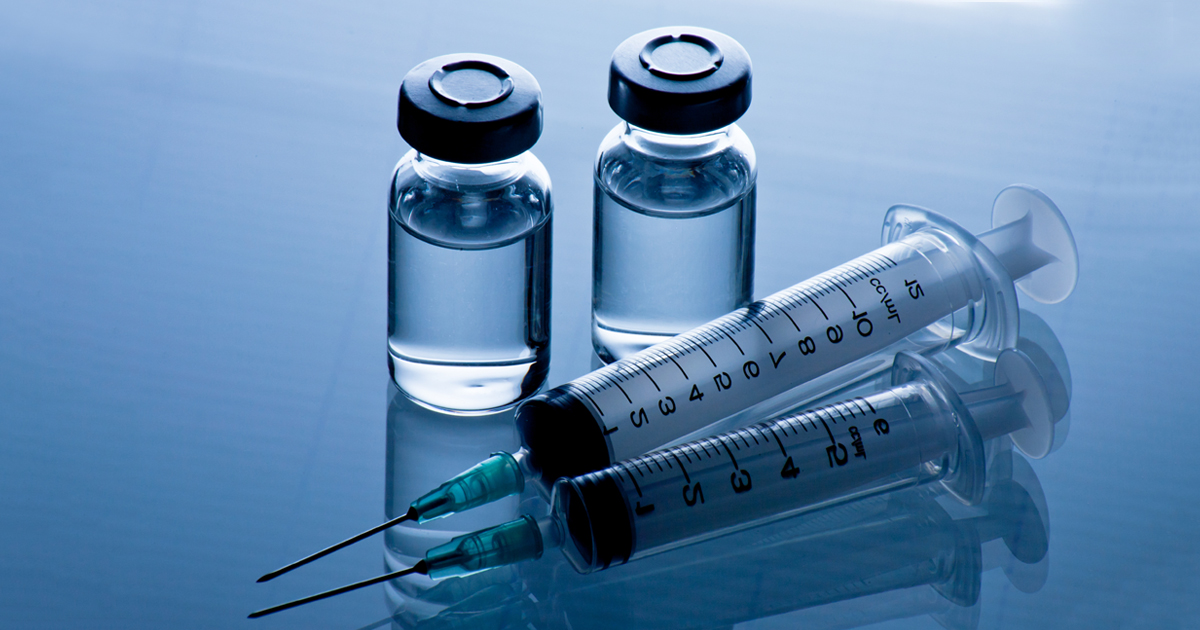On the occasion of India’s National Girl Child Day, the Serum Institute of India (SII) launched CERVAVAC, India’s first indigenously developed quadrivalent human papillomavirus (qHPV) vaccine, on Tuesday, January 24, 2023. Cervical Cancer Awareness Month is also observed in January. CERVAVAC is a cervical cancer vaccine.
Adar Poonawalla, the CEO of the Pune-based pharmaceutical firm, tweeted that Amit Shah, India’s Home Minister, and Prakash Kumar Singh, Director, Government and Regulatory Affairs, SII, launched CERVAVAC on Tuesday.
In India, the second most frequent cancer among women aged 15 to 44 years is cervical cancer. Most cervical cancers are caused by the human papillomavirus, and are sexually transmitted.
CERVAVAC has demonstrated a robust antibody response against all targeted HPV types, and in all dose and age groups. The response is nearly 1,000 times higher than the baseline.
The scientific completion of the vaccine was announced in September, 2022.

What Are HPV Vaccines?
Most cervical cancers are associated with human papillomavirus (HPV), a sexually transmitted infection. Widespread immunization with the HPV vaccine could reduce the impact of cervical cancer and other cancers caused by HPV worldwide. Here’s what you need to know about the HPV vaccine.
What does the HPV vaccine do?
Various strains of HPV spread through sexual contact and are associated with most cases of cervical cancer. Gardasil 9 is an HPV vaccine approved by the U.S. Food and Drug Administration and can be used for both girls and boys.
This vaccine can prevent most cases of cervical cancer if the vaccine is given before girls or women are exposed to the virus. This vaccine can also prevent vaginal and vulvar cancer. In addition, the vaccine can prevent genital warts, anal cancers, and mouth, throat, head and neck cancers in women and men.
In theory, vaccinating boys against the types of HPV associated with cervical cancer might also help protect girls from the virus by possibly decreasing transmission.

